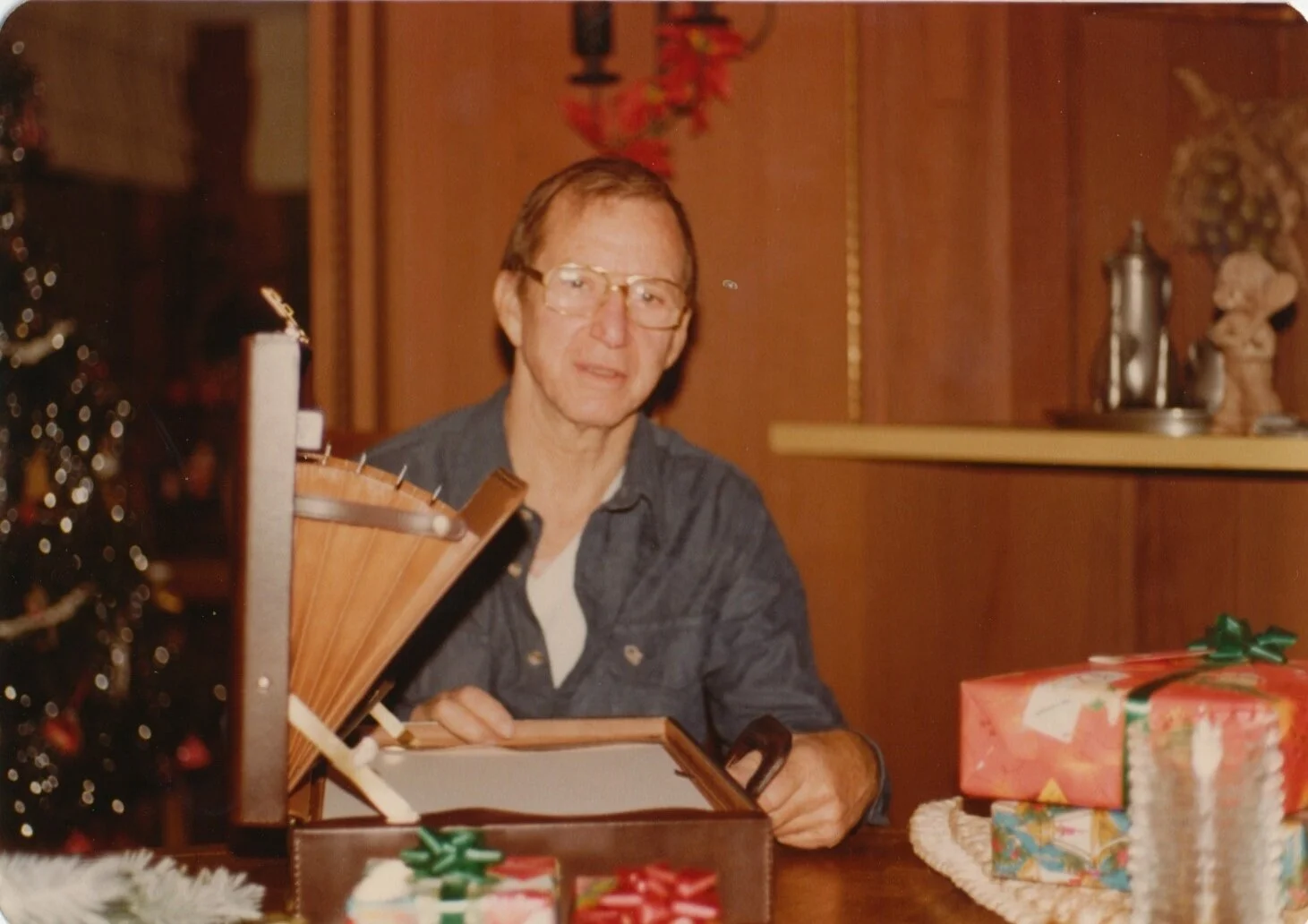Privacy is *so* 1964
/This is a mostly interesting article although they focus on the personal, not commercial/financial aspects of data privacy, which have a whole other set of issues and challenges.
However, I used to say that if my TiVo could figure out enough about my viewing habits to deliver only commercials about Home Depot, Diet Coke and Barnes & Noble, I'd be just fine with surrendering some degree of privacy. (Note that there is a difference between privacy and anonymity in this case)
Glad to know I was ahead of the curve. Or with the curve. Or not sufficiently behind the curve to be lumped in with the boomer luddites mentioned in this article.
Kids, the Internet and the End of Privacy
Younger people, one could point out, are the only ones for whom it seems to have sunk in that the idea of a truly private life is already an illusion. Every street in New York has a surveillance camera. Each time you swipe your debit card at Duane Reade or use your MetroCard, that transaction is tracked. Your employer owns your e-mails. The NSA owns your phone calls. Your life is being lived in public whether you choose to acknowledge it or not.So it may be time to consider the possibility that young people who behave as if privacy doesn't exist are actually the sane people, not the insane ones. For someone like me, who grew up sealing my diary with a literal lock, this may be tough to accept. But under current circumstances, a defiant belief in holding things close to your chest might not be high-minded. It might be an artifact—quaint and naive, like a determined faith that virginity keeps ladies pure. Or at least that might be true for someone who has grown up "putting themselves out there" and found that the benefits of being transparent make the risks worth it.
This does put me in interesting contrast to my mother, who makes air quotes with her fingers when speaking of things like "the internet" or a "computer".






